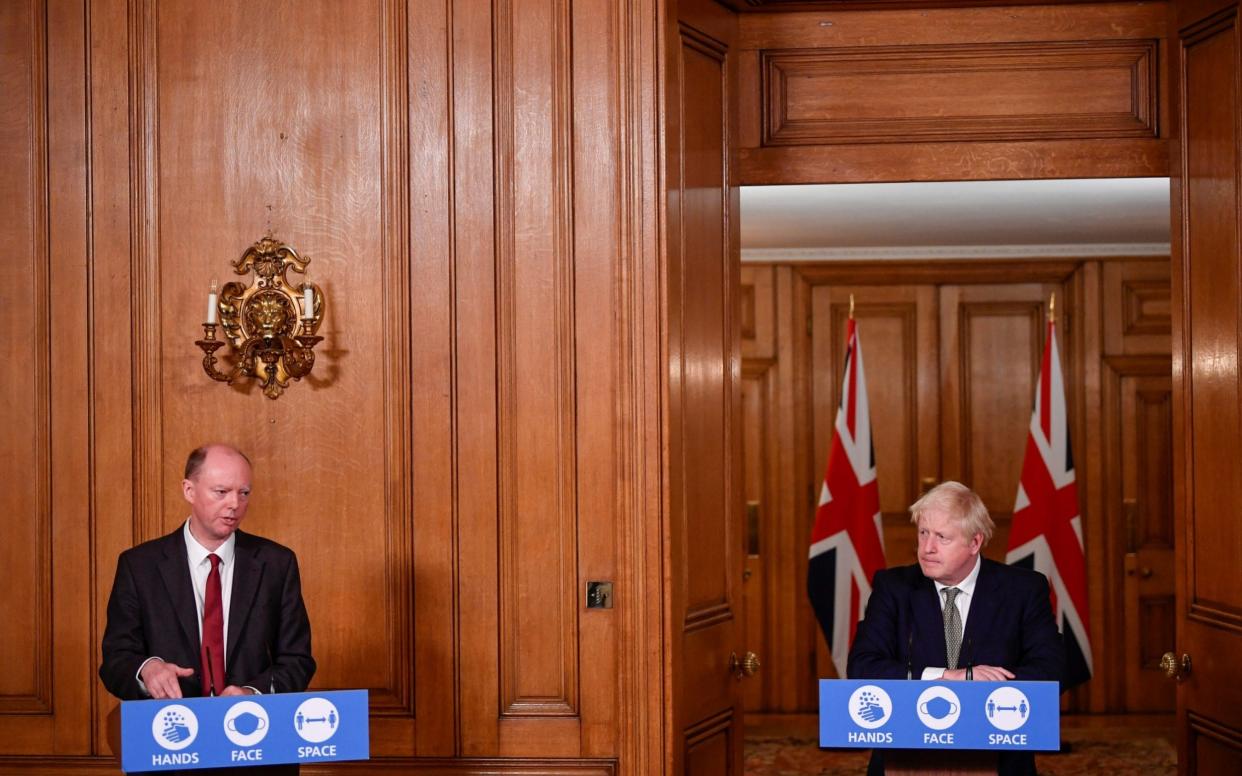Deaf woman wins legal fight over sign language in Covid briefings

A deaf woman who complained about a lack of sign language in Covid-19 briefings has successfully sued the Cabinet Office.
Katie Rowley, from Leeds, took the Government to the High Court arguing that it had breached obligations to make the broadcasts from Downing Street accessible to deaf people under equality legislation.
Ms Rowley, 36, who was pregnant during the pandemic, said the stress she suffered from being unable to access crucial information about the virus impacted her pregnancy and wellbeing.
The actor and writer is now set to be awarded compensation after a judge agreed that the lack of British Sign Language (BSL) interpreters in two briefings amounted to discrimination against her.
Her legal win could pave the way for hundreds of the 73,000 BSL users in England to win similar claims for damages. Ms Rowley's solicitor, Chris Fry of Fry Law, is representing 350 others who argue they were affected like Ms Rowley.
Michael Fordham QC, the judge who handed down the ruling on Wednesday, said damages would be assessed by a judge in a county court at a later date.
He added: "The lack of provision - the provision of subtitles only - was a failure of inclusion, suggestive of not being thought about, which served to disempower, to frustrate and to marginalise."
Mr Fry said ensuring information is accessible to deaf people "can rarely be more important than in the midst of a pandemic".
"This case has brought deaf people together in the most remarkable way to challenge the Government to do better, and to fulfil what we say are its obligations under the Equality Act," he said.
"It’s about time that the deaf community is ‘levelled up’ by this Government."
Amanda Casson-Webb, from the Royal Association of Deaf people, added: “We want to see deaf BSL users fully involved and included in every aspect of life. Deaf people should be able to access information independently and on a par with the rest of society.
"Instead, many have been left feeling unsure, unsafe and scared; having to rely on charities like RAD to provide accessible versions of critical information, after the fact – or worse, having to depend on a friend or family member to explain what is happening.”
The two briefings found to be in breach of the Equality Act were on September 21 and October 12 last year.
Mr Justice Fordham rejected Ms Rowley's argument that the government was in “continuing breach” of the Equality Act by offering only superimposed interpreters as opposed to interpreters physically present during briefings.
A Cabinet Office spokesperson said: “We are pleased that the court ruled our policy of using on-screen British Sign Language interpreters was lawful during the pandemic.
“Our priority has always been to reach the largest possible audience with important public information and we will continue to ensure that British Sign Language interpretation is made available during Covid-19 briefings.”

 Yahoo News
Yahoo News 